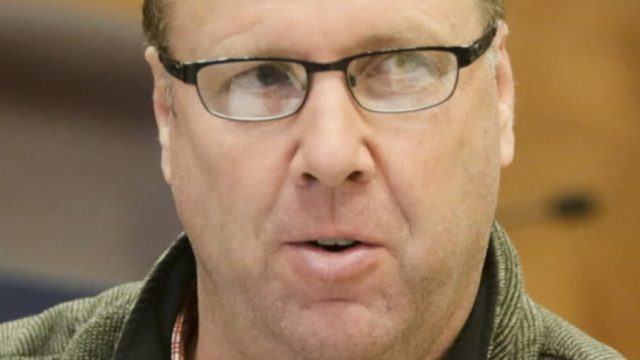There Is Nothing Racist About Understanding the Local Costs of Refugee Resettlement

There is no question that refugee resettlement in North Dakota, particularly in the Fargo area, is something of a burden for local taxpayers. Whether it’s the additional services needed for students with language barriers in our schools or the fact that refugees use a disproportionate amount of social services, there is a cost.
There is, after all, no such thing as a free lunch.
A desire to examine this cost, to understand what refugee resettlement means fiscally for local taxpayers, is perfectly appropriate. I applaud Fargo City Commissioner Dave Piepkorn for getting that ball rolling, even though it has prompted a typically myopic response from those who seem to think that any questioning of refugee resettlement is tantamount to xenophobia.
“It seems to be a back-door way of keeping refugees—particularly those from Syria and other Middle Eastern countries—from settling in the United States,” my colleague Mike McFeely wrote in a column condemning Piepkorn’s efforts.
[mks_pullquote align=”right” width=”300″ size=”24″ bg_color=”#ffffff” txt_color=”#000000″]…it’s easy to feel righteous when you think everyone who disagrees with you is a bigot…[/mks_pullquote]
That sentiment may be cat nip for left wing thinkers who don’t want to climb out of their ideological boxes – it’s easy to feel righteous when you think everyone who disagrees with you is a bigot – but out here in the real world we’re learning form local officials that there are real and definable costs for refugee resettlement.
As Tu-Uyen Tran reported in the Fargo Forum: “The English Language Learners program costs the Fargo School District $2.8 million a year, but the district gets only $800,000 from the state and federal governments, Superintendent Jeff Schatz said Wednesday, Sept. 28.”
“He echoed the concern of Fargo City Commissioner Dave Piepkorn, who asked city staff earlier this week to figure out how much the resettlement of refugees here costs local governments. He said Wednesday that local officials need to ask state lawmakers for help with a unified voice,” Tran continued in his report.
So, is Mr. Schatz also part of some right wing conspiracy against refugee resettlement? Hardly.
Back in November I learned from information provided by Cass County Social Services that while “New Americans” are about 3.2 percent of the total population there, they represent 15 percent of SNAP (food stamps) recipients and about a third of TANF (welfare) enrollees.
Whatever your feelings about those facts, they represent real costs to local taxpayers. What’s so wrong about understanding them?
This knee-jerk anger over quantifying the costs associated with resettlement in our region is odd. Everyone – from staunch supporters of resettlement to thoughtful critics to the fringe racists who don’t want any foreigners in their neighborhoods – should want this line of inquiry.
The debate over refugees is a contentious one. All the more so because many of the facts of resettlement are poorly understood. Because of this people can make wild claims about the cost of resettlement – supporters downplaying the costs, opponents exaggerating them – and it can be hard to discern who is telling the truth.
Maybe if we understand the true costs critics won’t think resettlement is so scary. Or perhaps supporters will be surprised to learn that the costs are higher than they thought.
There will still be disagreement when we know the costs, but so what? There is always disagreement over finding the appropriate level of government spending. At least it will be a better informed sort of disagreement.
It is troubling how many people want to deem this search for facts as inherently offensive. We saw that up in East Grand Forks when a teacher was suspended for pointing out that refugee students had poor attendance at their English language classes.
Now we’re seeing it in Fargo where some would have us believe it’s bigoted to count the costs of resettlement to local taxpayers.




